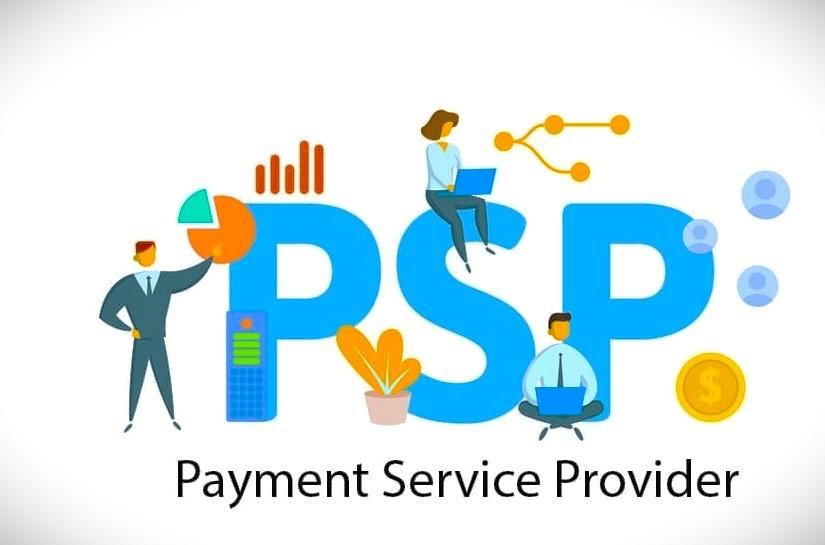The Future of the Transaction: Top Trends in the Payment Service Provider Market

The future of the Payment Service Provider Market Trends is pointing towards a more embedded, more intelligent, and more platform-centric financial ecosystem. As the industry continues its impressive growth towards a projected USD 148.64 billion valuation by 2035, a journey propelled by a solid 5.48% CAGR from 2025 to 2035—several key trends are emerging that will define the next generation of digital commerce. These trends are focused on moving payments from a separate checkout step to an invisible, seamless part of the user experience, on leveraging data and AI to reduce fraud and improve authorization, and on expanding beyond payments to become the financial operating system for modern businesses.
One of the most significant trends is the rise of "embedded payments" and "embedded finance." The trend is to move away from the traditional, separate payment page and to embed the payment functionality directly into the software platforms that businesses already use. For example, a hair salon's scheduling software will have its own integrated payment processing, or a restaurant's reservation platform will be able to take a deposit directly. The PSPs are enabling this by providing powerful APIs that allow any software company to easily add payment capabilities to their own product. This makes the PSP's technology invisible but ubiquitous, and it turns every B2B software company into a new distribution channel for the PSP.
Another major trend is the increasing use of Artificial Intelligence (AI) and machine learning to combat fraud and to optimize payment performance. Payment fraud is a massive and constantly evolving problem. PSPs are using sophisticated AI models that can analyze thousands of data points for each transaction in real-time to spot fraudulent patterns and to block suspicious payments before they happen. AI is also being used to improve "authorization rates"—the percentage of legitimate transactions that are successfully approved by the banks. By intelligently routing transactions and providing richer data to the issuing banks, AI can help to reduce the number of frustrating "false declines," which is a major source of lost sales for merchants.
Finally, the most strategic trend is the evolution of the PSP from a simple payment processor to a comprehensive "financial platform" or "financial operating system" for businesses. The leading PSPs are leveraging their core payment processing relationship to offer a full suite of adjacent financial services. This includes offering business banking accounts, issuing corporate credit cards, providing access to working capital loans, and offering tools for managing taxes and compliance. The goal is to become the single, unified platform where a business manages its entire financial life, from accepting revenue to managing its expenses and accessing financing. This platform strategy creates massive customer lock-in and opens up huge new, high-margin revenue streams for the PSPs.
Explore Our Latest Trending Reports:
- Art
- Causes
- Crafts
- Dance
- Drinks
- Film
- Fitness
- Food
- Παιχνίδια
- Gardening
- Health
- Κεντρική Σελίδα
- Literature
- Music
- Networking
- άλλο
- Party
- Religion
- Shopping
- Sports
- Theater
- Wellness


